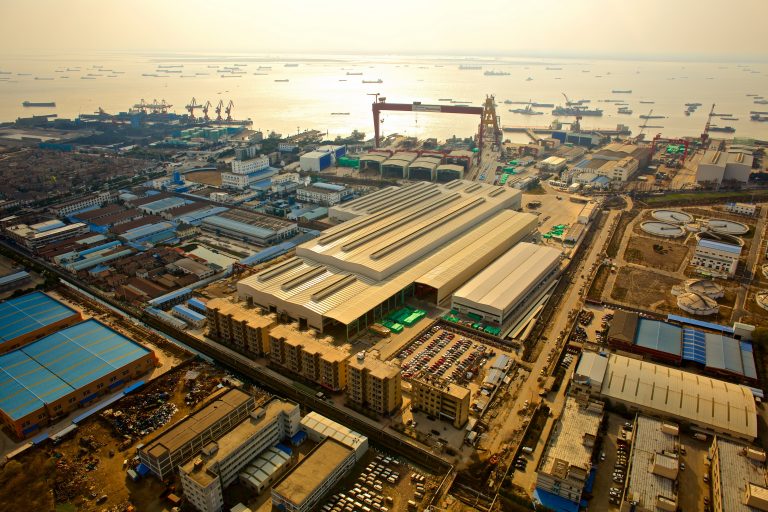
Container lines battle for prime yard slots
5 months ago
Container lines battle for prime yard slots

The prolonged lead times for new ship orders are forcing container carriers to place orders now to stay competitive, according to a senior industry executive. This urgency is driven by the limited yard space, which is currently dominated by large orders for LNG carriers. These vessels require up to twice as much time in drydock as conventional ships.
Drydocks have become a major bottleneck, with most ships taking 50-60 days in drydock before moving to the fitting-out berth. However, LNG carriers can occupy drydock for up to 100 days, significantly reducing overall capacity. As a result, ships ordered today wouldn't be delivered until 2029, putting operators in a dilemma: they must order vessels now or risk falling behind, but they also need to decide which fuel technology to adopt for the future.
A senior executive from a major classification society highlighted that many drydock slots are being taken up by gas carriers, especially from large orders placed by Qatar. Even the construction of new yards is unlikely to ease this pressure, as there is a severe shortage of skilled labor, particularly in Korea, where 6,000 welding positions remain unfilled.
An industry insider noted that while conventional vessels spend 50-60 days in drydock, LNG carriers with complex containment systems require double that time, effectively halving drydock capacity and exacerbating yard congestion.
Some liner operators, including Maersk, are rethinking their fuel strategies. While Maersk remains critical of LNG as a long-term solution due to its environmental impact, the company is exploring dual-fuel vessels to diversify its fleet and prepare for future regulatory requirements. Despite this, the industry continues to grapple with yard congestion, labor shortages, and the pressing need to make strategic fuel decisions.
Source: ContainerNews